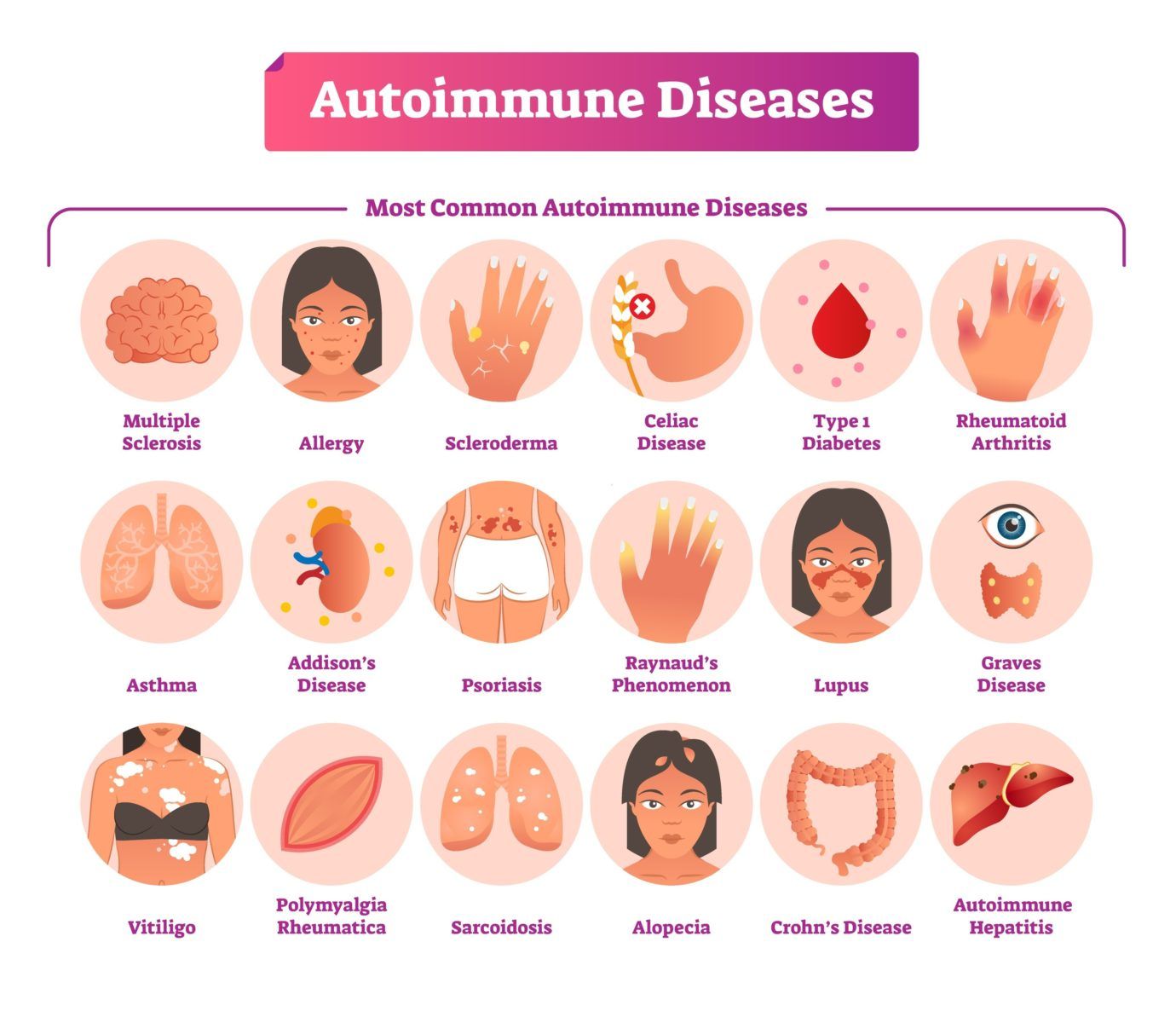Autoimmune diseases are a group of disorders that occur when the immune system mistakenly attacks healthy cells in the body. This can lead to a wide range of symptoms and complications, affecting various organs and systems. In this article, we will delve into the causes, symptoms, and treatment options for autoimmune diseases.
Causes of Autoimmune Diseases
The exact causes of autoimmune diseases are not fully understood, but several factors have been identified as potential triggers. These include genetic predisposition, environmental factors, and hormonal imbalances. Certain infections, medications, and lifestyle choices can also play a role in the development of autoimmune disorders.
Symptoms of Autoimmune Diseases
Autoimmune diseases can affect virtually any part of the body, leading to a wide range of symptoms that vary depending on the specific condition. Common symptoms include fatigue, joint pain, muscle weakness, skin rashes, and gastrointestinal problems. In some cases, autoimmune diseases can cause severe organ damage and life-threatening complications.
Diagnosing Autoimmune Diseases
Diagnosing autoimmune diseases can be challenging, as symptoms can mimic other medical conditions. Doctors typically use a combination of blood tests, imaging studies, and physical exams to determine the presence of an autoimmune disorder. In some cases, a biopsy may be necessary to confirm the diagnosis.
Treatment Options for Autoimmune Diseases
There is no cure for autoimmune diseases, but treatment options are available to help manage symptoms and reduce inflammation. Medications such as corticosteroids, immunosuppressants, and biologics are commonly used to control the immune response and prevent further damage to the body. In some cases, lifestyle modifications, such as diet changes and stress management, can also be beneficial in managing autoimmune diseases.
Conclusion
Autoimmune diseases are complex and challenging conditions that can have a significant impact on quality of life. By understanding the causes, symptoms, and treatment options for these disorders, individuals can work with their healthcare providers to develop an appropriate management plan. Through ongoing research and advances in medical technology, the hope is to continue improving the outcomes for those living with autoimmune diseases.
Remember, if you suspect that you may have an autoimmune disease, it is important to consult with a healthcare professional for an accurate diagnosis and appropriate treatment.


